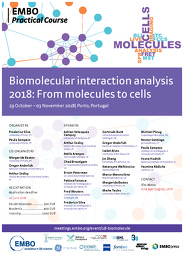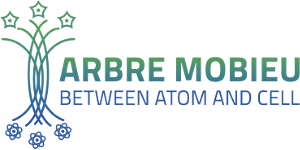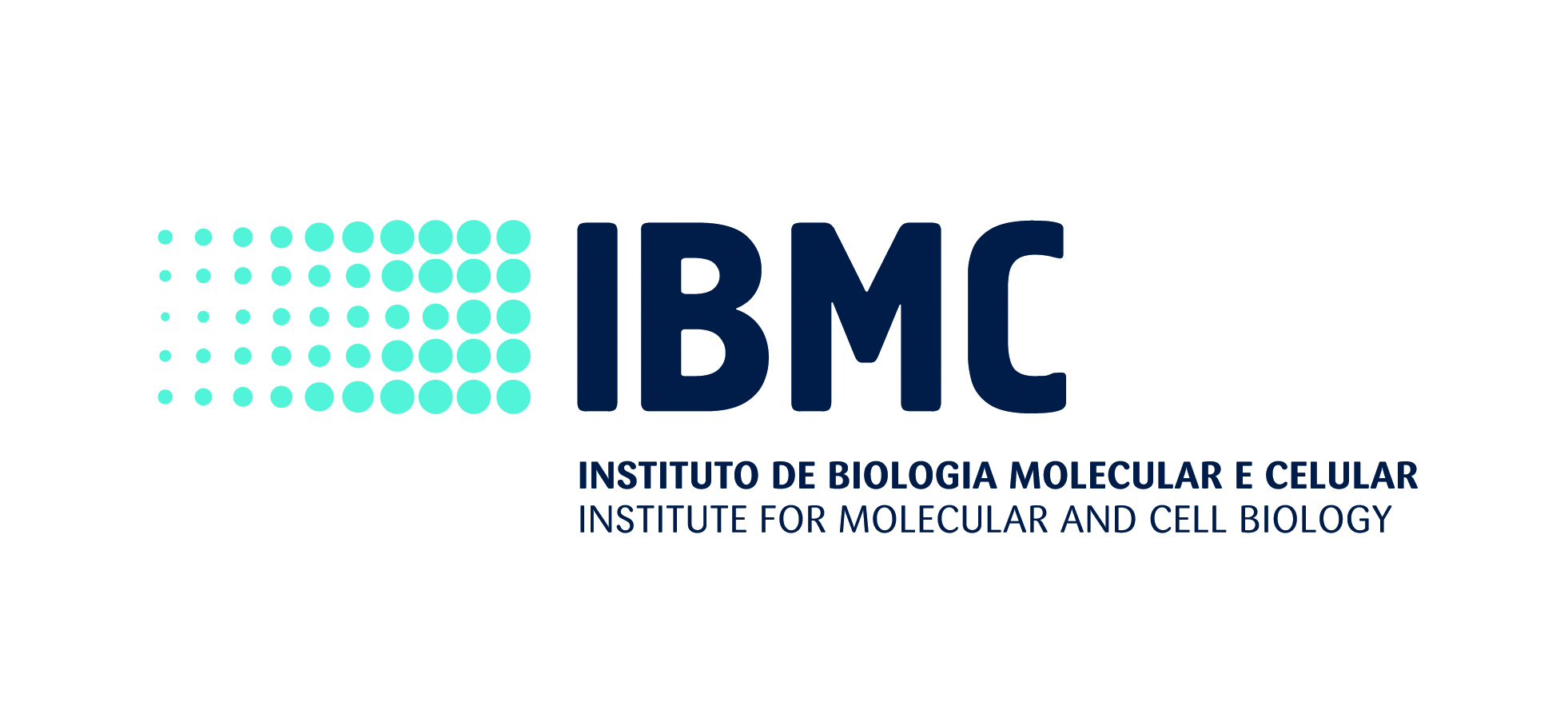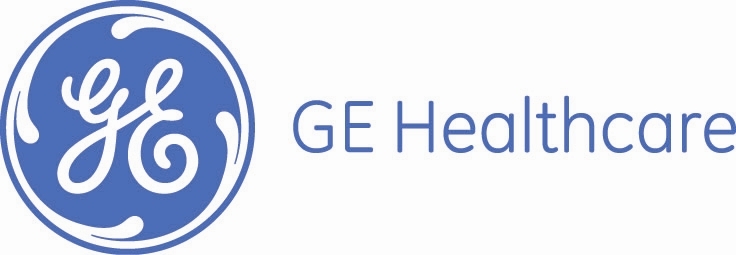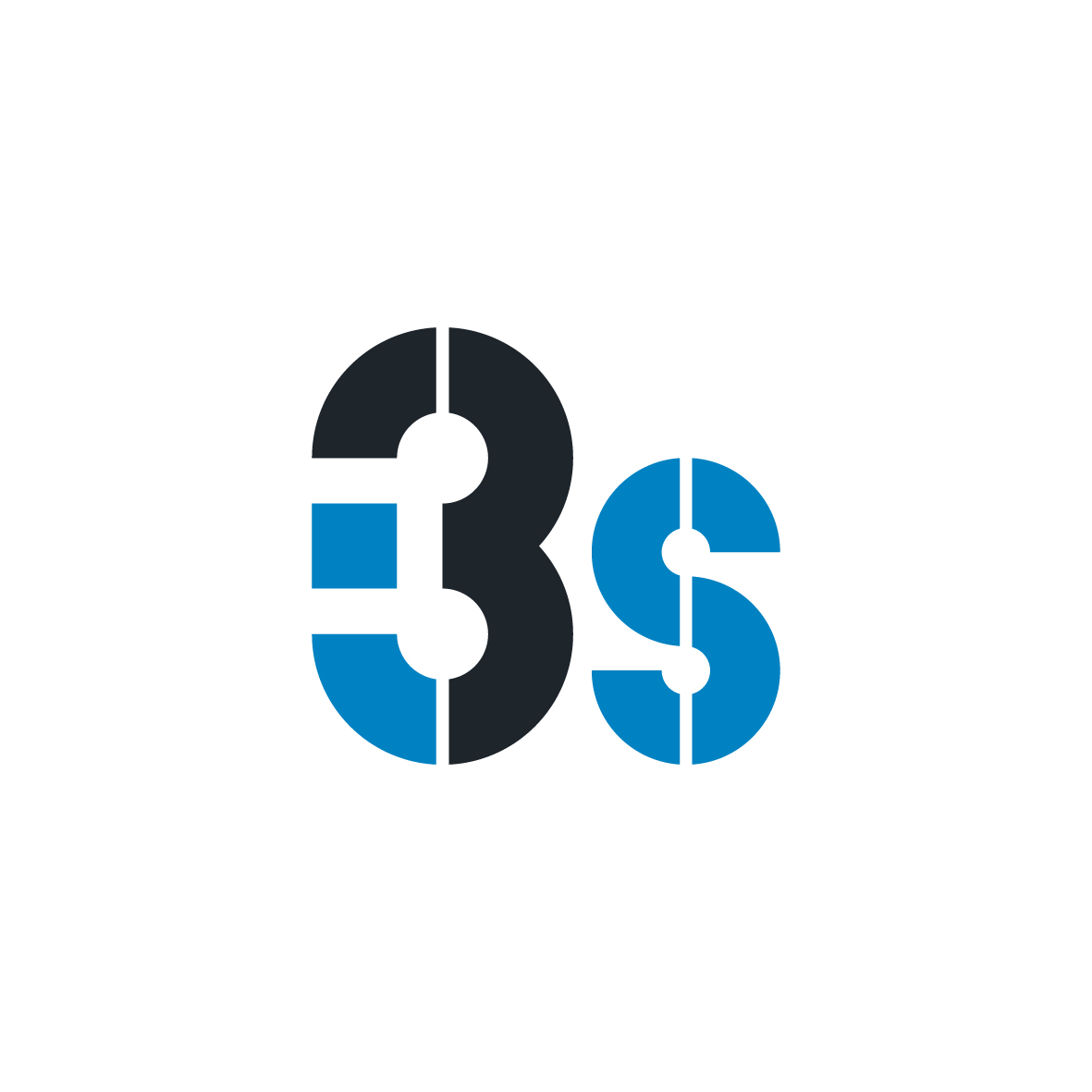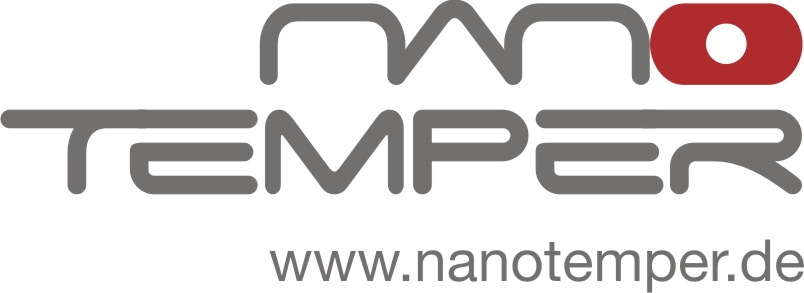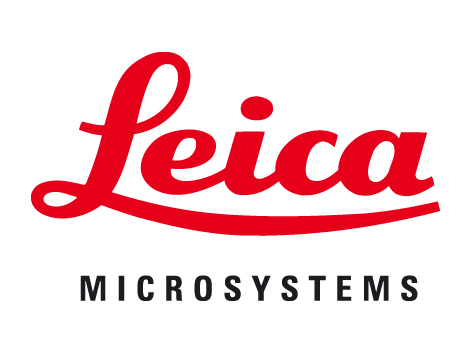About the Practical Course
A comprehensive and integrated characterization of molecular interactions is key to the understanding of life processes at a molecular level. Due to their complexity, the study of binding events require the gathering of data from multiple methods in order to build a complete picture of their function.
This EMBO Practical Course aims at a multidisplinary approach to the study of molecular interactions from and in biological systems, integrating biochemical/biophysical methodologies with live microscopy techniques.
In this 4th edition, the course will cover a range of methods used in the kinetics and thermodynamics characterization of binding events, such as:
- Isothermal Titration Calorimetry (ITC)
- Surface Plasmon Resonance (SPR)
- Plasmon Waveguide Resonance (PWR)
- Microscale Thermophoresis (MST) and
- Biolayer Interferometry (BLI)
The bridge to in vivo will be crossed with the introduction of advanced light microscopy techniques, e.g.:
- Fluorescence Resonance Energy Transfer (FRET) and
- Fluorescence Cross Correlation Spectroscopy (FCCS)
to study the dynamic interactions of proteins within the living cell.
Practical sessions
The practical sessions will be organized in 5 rotations of 5 elements. Each group will rotate through sessions focused on the topics of the course.
Each practical session will start with a short introduction to the equipment followed by a presentation of the scientific background and objective of the experimental work, and the experiments started (part A). The results obtained will be then processed, analyzed and discussed with the tutors (part B).
Participants samples and data
Participants will be invited to:
a) propose hypothesis/questions within their work that could be addressed using one or more of the techniques focused in the course
b) bring data previously acquired to process, analyze and discuss (troubleshooting)
c) bring their samples to assay
Acceptance of samples and data is dependent of a pre-feasibility assessment.
Poster Sessions
Successful applicants who attend the course will be requested to bring a poster describing their project. Posters will be on display from the first day and will be discussed in two poster sessions.
About EMBO Courses and Workshops
EMBO Courses and Workshops are selected for their excellent scientific quality and timelines, provision of good networking activities for all participants and speaker gender diversity (at least 40% of speakers must be from the underrepresented gender).
Organisers are encouraged to implement measures to make the meeting environmentally more sustainable.


